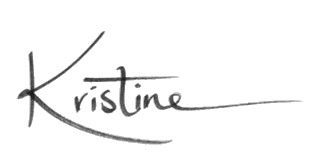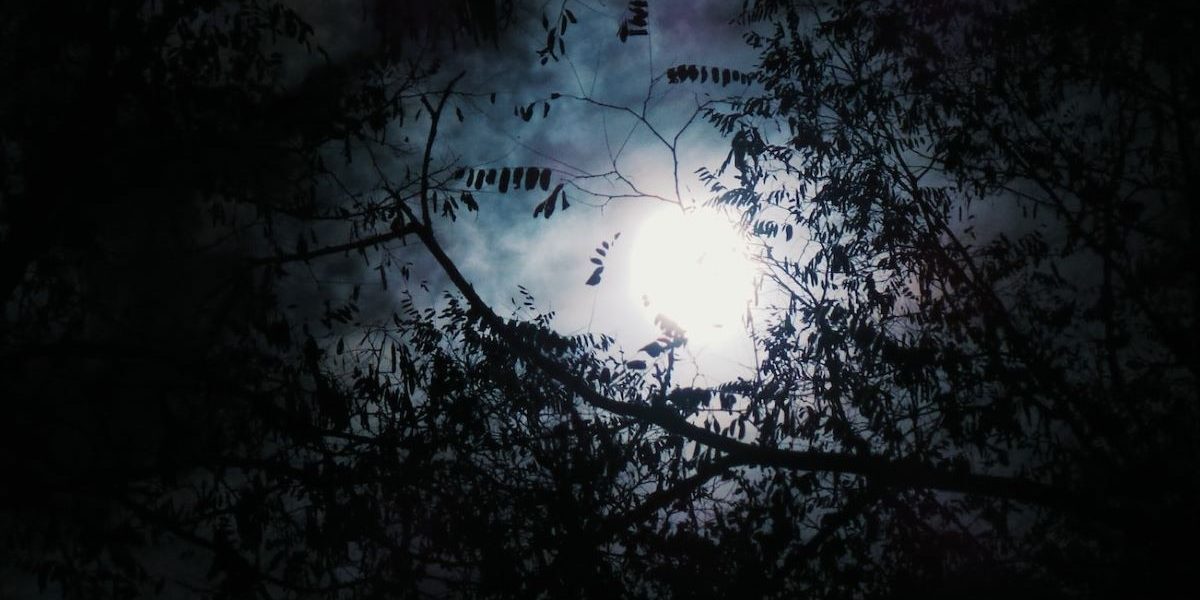One day you finally knew
what you had to do, and began,
though the voices around you
kept shouting
their bad advice – – –
though the whole house
began to tremble
and you felt the old tug
at your ankles.
‘Mend my life!’
each voice cried.
But you didn’t stop.
You knew what you had to do,
though the wind pried
with its stiff fingers
at the very foundations – – –
though their melancholy
was terrible. It was already late
enough, and a wild night,
and the road full of fallen
branches and stones.
But little by little,
as you left their voices behind,
the stars began to burn
through the sheets of clouds,
and there was a new voice,
which you slowly
recognized as your own,
that kept you company
as you strode deeper and deeper
into the world,
determined to do
the only thing you could do – – – determined to save
the only life you could save.
by Mary Oliver
To me, this poem beautifully describes the observer – undercurrent dynamic, the model of mind that Rob Nairn has brought into the world (which is touched on in the MBLC and further explored in the Level 1 course). Thoughts and feelings that arise in the mind like echoes from the past, asking for attention and easy to get entangled in. Sometimes they just float in and out, sometimes they return again and again and their magnetic pull is almost irresistible…
The poem speaks of the possibility of leaving those voices behind, which to me in this context is not the same as ignoring them but instead recognising them for what they are and choosing to return again and again to resting in the wide open space of embodied awareness. And as the voices take less of the centre stage, there’s a possibility for the natural brightness of the mind to reveal itself, and for insights to arise like the stars beginning to ‘burn through the sheets of clouds’.
And in that space, the voice with which I speak to myself is kinder and my path becomes clearer. And the interesting thing: no one else can do this for me! I have to find my own determination to take responsibility for where I place my attention, and the deep motivation to ‘save the only life you could save’. And that seems to be a moment to moment decision, for even when I know what I have to do, and begin, it can be hard work to continue to stride ‘deeper and deeper into the world’.
But then again, what else is there to do in this one wild and precious life?

Photo by John Silliman on Unsplash



Love the poetry of Mary Oliver. Most poets are mindful but especially Mary. Thanks for your reflections and insight.
Me too… she’s definitely special! There are a few gorgeous articles about her on Brainpickings if you haven’t read them yet…